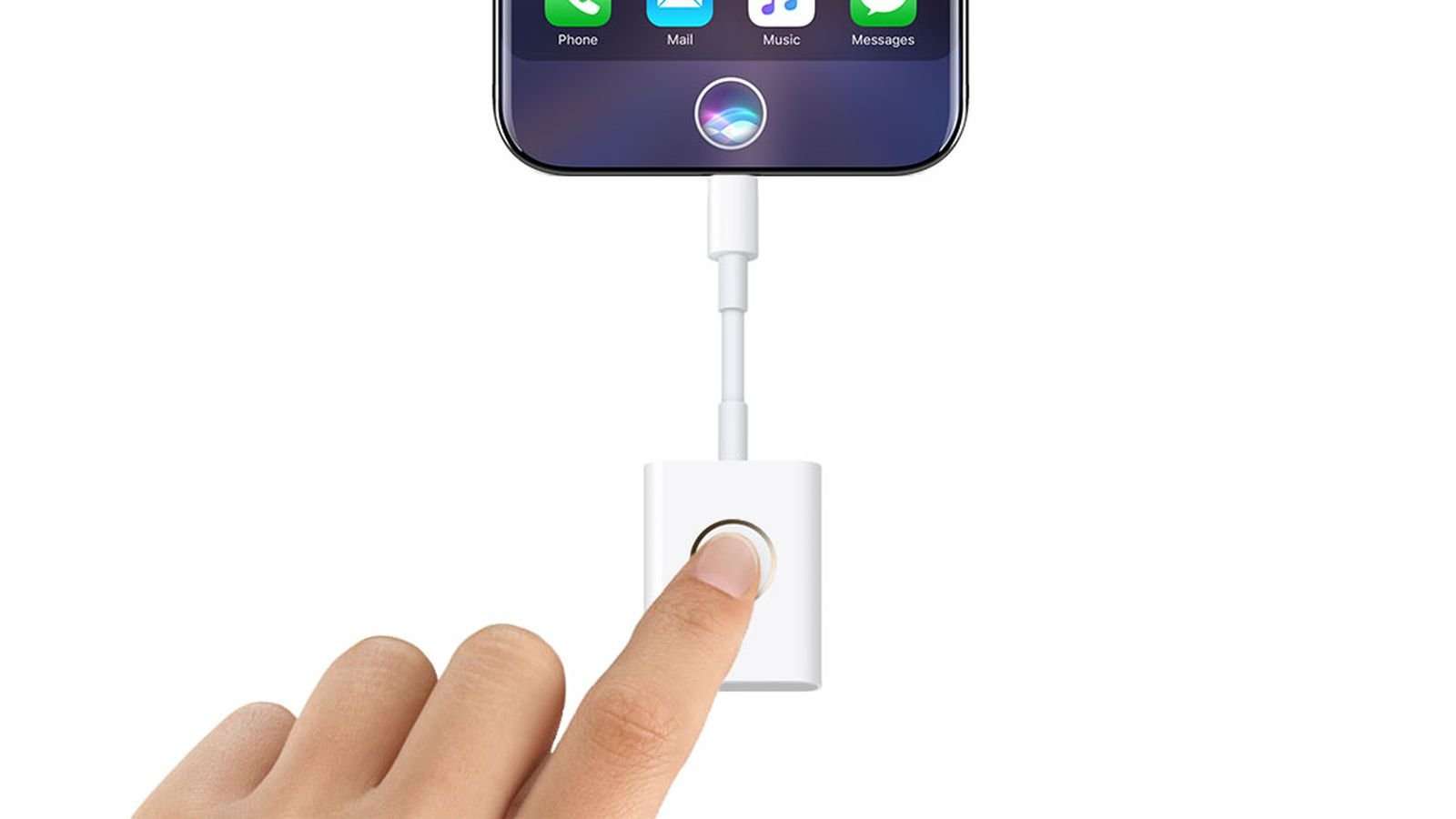Welcome to First Click, a daily essay written by The Verge staff in which we opine on lives lived in the near future.
By now you've probably read that Apple's next flagship iPhone might be running a bit behind the company's usual release schedule. The culprit seems to be a fingerprint sensor of Apple’s own design, that’s meant to sit behind the full edge-to-edge OLED display on the front of the new premium iPhone. Apple’s said to be struggling to perfect the technology such that it can be mass produced at iPhone scale — a non-trivial task, to be sure. Samsung reportedly tried and failed to integrate a Synaptics sensor into the OLED display of the Galaxy S8, forcing it to move the sensor to an awkward position on the rear of the phone. There was a time when Apple could be expected to overcome these kinds of challenges to the surprise of the industry and the delight of its customers. Now, I'm not so sure. Personally, I'm treating the fingerprint sensor as a litmus test for Apple’s ability to innovate in a meaningful way.
I'm reminded of a chat I had with an HTC product manager the day after Apple announced the original iPhone in January of 2007. He doubted Apple's ability to mass produce a phone with a 3.5-inch capacitive multitouch display. In fact, he was so certain that he bet me Apple would fail to ship at scale (just 1 million devices at the time). History shows he was wrong — dramatically so. Apple even upgraded the display to glass a few months before the first iPhone shipped, exceeding everyone’s expectations.
Apple's a company that's historically led from behind
Apple's a company that's historically led from behind, often through the use of innovative new technologies applied to both the device and, importantly, to the manufacturing and assembly of the device. Remember, Apple didn't invent the mouse and graphical user interface, it refined what it saw at Xerox and gave it a home on a personal computer. Apple didn't invent the all-in-one desktop, it made it lickable. Apple didn't invent the MP3 player, it found a Toshiba hard drive that was simultaneously big enough and small enough to carry your entire music library, and then built a click-wheel controller to navigate it. Apple didn't invent the smartphone, it made it easy to use with a finger; just like it didn't invent the tablet, it stripped away the excess and turned Bill Gates' vision into a consumer hit.
I've been a fan of Apple product design since I purchased a "Graphite" Power Mac G4 back in 1999. I've since owned several generations of MacBooks, iMacs, iPods, iPhones, iPads, and Apple TVs, and lots and lots of Apple accessories. But something's changed. As a result I haven't upgraded my iPhone in three years, and I haven't felt compelled to buy an Apple Watch, new MacBook Pro, iPad Pro, or AirPods, despite my profession and a long cultivated habit of "needing" to own the latest and greatest. Lately I've been nagged by the knowledge that the latest Apple devices aren't the greatest available.
Just look at this list of what I consider to be Apple hardware missteps or outright failures over the last few years:
Note that I didn't include the Apple Watch in this list. The wearable has been a slow burner but it's certainly not a failure. However, I can't overlook the fact that the current WatchOS was completely redesigned — which is in itself a tacit admission that its original vision for the product was flawed.
One bright spot for Apple hardware innovation comes in the form of its AirPods, despite their toothbrush-in-the-ear aesthetic. People who own them seem to love them, and they approach wireless audio in new and sometimes surprising ways. But they’re still on six-week backorder some six months after going on sale. That means either Apple is seeing outrageous demand, or it’s suffering manufacturing troubles. In the past, I’d have assumed the former, but my gut now tells me it’s the latter.
Needless to say, I have my doubts that Apple will find an elegant fingerprint solution in time. Some analysts even speculate that Apple could remove the fingerprint sensor completely from the premium iPhone, relying upon advanced face or iris scanning instead. In that case, Apple’s new iPhone might not be able to support Touch ID-based Apple Pay transactions without a little help. And believe me, if you see a fingerprint dongle, you'll know that Apple blew it.

Therearenosporks on April 19th, 2017 at 14:38 UTC »
Anybody know what happened to that modular smartphone idea? I remember it was a super cool idea but I haven't seen anything about it for months.
ace425 on April 19th, 2017 at 13:03 UTC »
I had no idea those were designed to be licked. I've been using it wrong this whole time!
DrMackDDS2014 on April 19th, 2017 at 12:57 UTC »
Can you imagine the April Fools possibilities here? Damn this would have been great with all the hype currently.